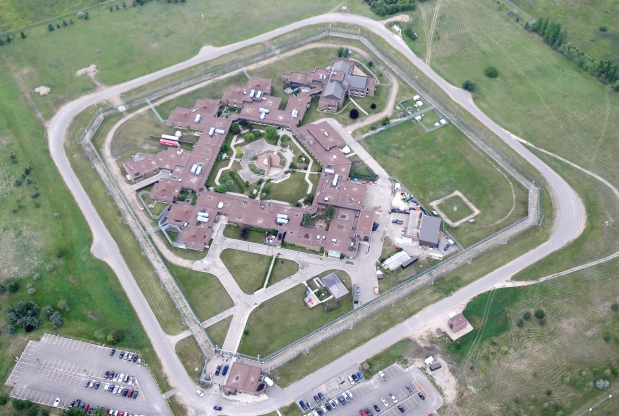CONTENT WARNING: The following story contains depictions of suicide that may be distressing to some readers.
A coroner’s inquest into the death of Shane Cantre at the Regional Psychiatric Centre in Saskatoon in 2021 has heard all testimony on the circumstances around his death.
Cantre died at the Regional Psychiatric Centre in July of 2021. A coroners inquest this week in Saskatoon has heard from ten witnesses on the circumstances around Cantre’s death.
The inquest has heard how Cantre died by suicide in his cell, the means he had to die in this way, and his mental health leading up to his death.
There has been discussion about AEDs, possible communication issues between staff at the facility, and why Cantre did not receive an increased level of care based on previous self-harming behaviour.
Coverage of the first two days of the inquest can be found here and here.
The final witness on Wednesday morning was Lesia Sorokin, Deputy Warden at RPC and acting warden at the time of Cantre’s death.
There was concern raised during the inquest that Cantre told his parole officer four months prior to his death that he had a plan to die by suicide using the shelf in his cell. The parole officer informed RPC of Cantre’s plans.
Sorokin says the cabinet wasn’t removed because of “tech standards” in cells. She does say there were conversations at the time with the governing body about the shelves, but nothing was done as an immediate response to Cantre’s disclosure to his parole officer. The shelving has since been removed from the facility following a review.
As to the report from the parole officer, Sorokan says she doesn’t know who saw the report from the parole officer. However, she says there were conversations between Cantre and the treatment team in response to the report
and Sorokan says she was satisfied with the team’s response. When asked if she still holds that view after Cantre’s death she told the inquest that would be “hindsight”, but that she still holds that the treatment team acted correctly.
Sorokin was also asked about staff training, suicide risk assessment screening, and Cantre’s previous behaviours and why some of these were considered self-harm and others weren’t.
When asked by coroner’s counsel Robin Ritter if she could help the jury with any recommendations Sorokin says conversations around cell furnishings are ongoing and said she couldn’t provide any other recommendations.
The jury is now deliberating on possible recommendations to prevent similar deaths in the future. Whatever recommendations the jury provides are not legally binding.
